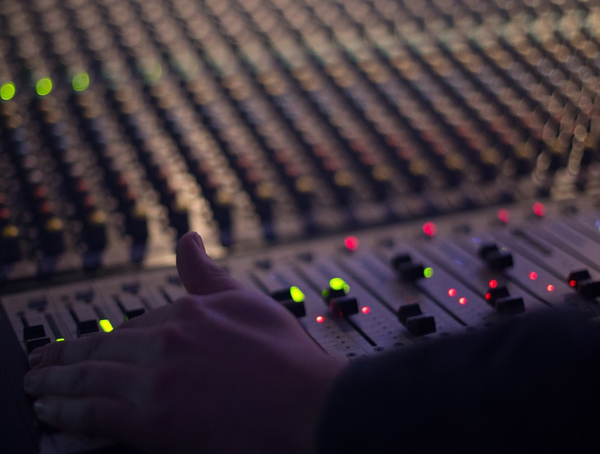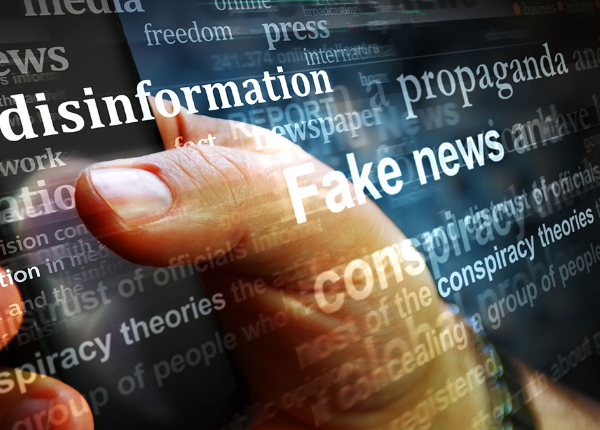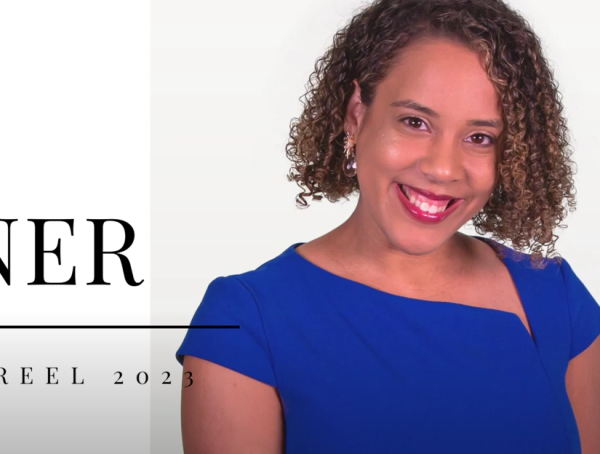Chuck Todd, television journalist, political analyst and former moderator of NBC’s Meet the Press said when it comes to a lack of trust in journalism, both politicians and reporters must take responsibility.
“I think trust in media, part of it, the politicians themselves want to have distrust, want people to distrust the press for their own reasons,” Todd said, speaking before a crowd at the University of Mississippi School of Journalism and New Media.
But Todd says reporters also share the blame.
“Some reporters try to persuade an audience to a point of view, versus just trying to inform an audience,” he said.
And Todd said he knows exactly when television news went wrong.
“I think I go back to a decision that I call CNN’s original sin, and that was the decision to televise the OJ trial wall-to-wall, Todd said. “The fallout from that decision was news media execs found out that you could make money on the news if you just programmed it differently, if you just gave people what they wanted.”
That focus on giving audiences what they want has had an unintended consequence, according to Todd.
“The bias issue in journalism is usually a bias towards traffic more than it is a bias towards an outcome,” Todd said. “We will do follow-up stories sometimes based on audience engagement, but it should always be driven by new information.”
Todd also suggested that the intense focus on audience has been a negative for hard-hitting reporting.
“I think one of the worst things we do sometimes in television interviews collectively is we worry too much about what people think of our questions and how we perform because we’re worried about what social media has to say,” Todd said. “I don’t care whether I’m popular or not, and I think that that’s the mindset a good journalist has to have. You cannot do this to [win] a popularity contest because, if you worry about what other people think, you will always hold back a little.”
Covering Trump
Todd spoke at length about the challenges of interviewing politicians and former president Donald Trump in particular.
“[Interviewing] Trump, is something that most people don’t do correctly, and I think I’ve done it right once and done it wrong 20 times to be frank,” Todd said.
He told the crowd what reporters need to remember is that Trump wants to tell you everything he’s thinking so it’s best to let him do that.
“The most useless interviews are the ones where you try to fact check him in real time because I’ve tried that. If you’re fact-checking him correctly he’s just going to go somewhere else and say something crazy 20 minutes later or an hour later, so it’s sort of lost in the ether,” Todd said.
Instead, Todd said the more important thing is to understand how Trump makes decisions.
“I haven’t interviewed him in four years but if I got him again my first question would be, ‘Why didn’t you go follow through with January 6?’” Todd said. “I always said my job was to surface how he thinks …you’re trying to figure out how is he going to make decisions that affect your life.”
Todd said in any interview the single most important question that a political journalist should answer is why – why does the subject emphasize these policies, why this issue, why are they dispassionate about it.
And he had one other key piece of advice – don’t ask your most important question first.
“No matter what you ask a pretty good politician, the first thing out of their mouth is going to be what they want to say. It’s the second, third, and fourth questions that matter the most,” he said.








